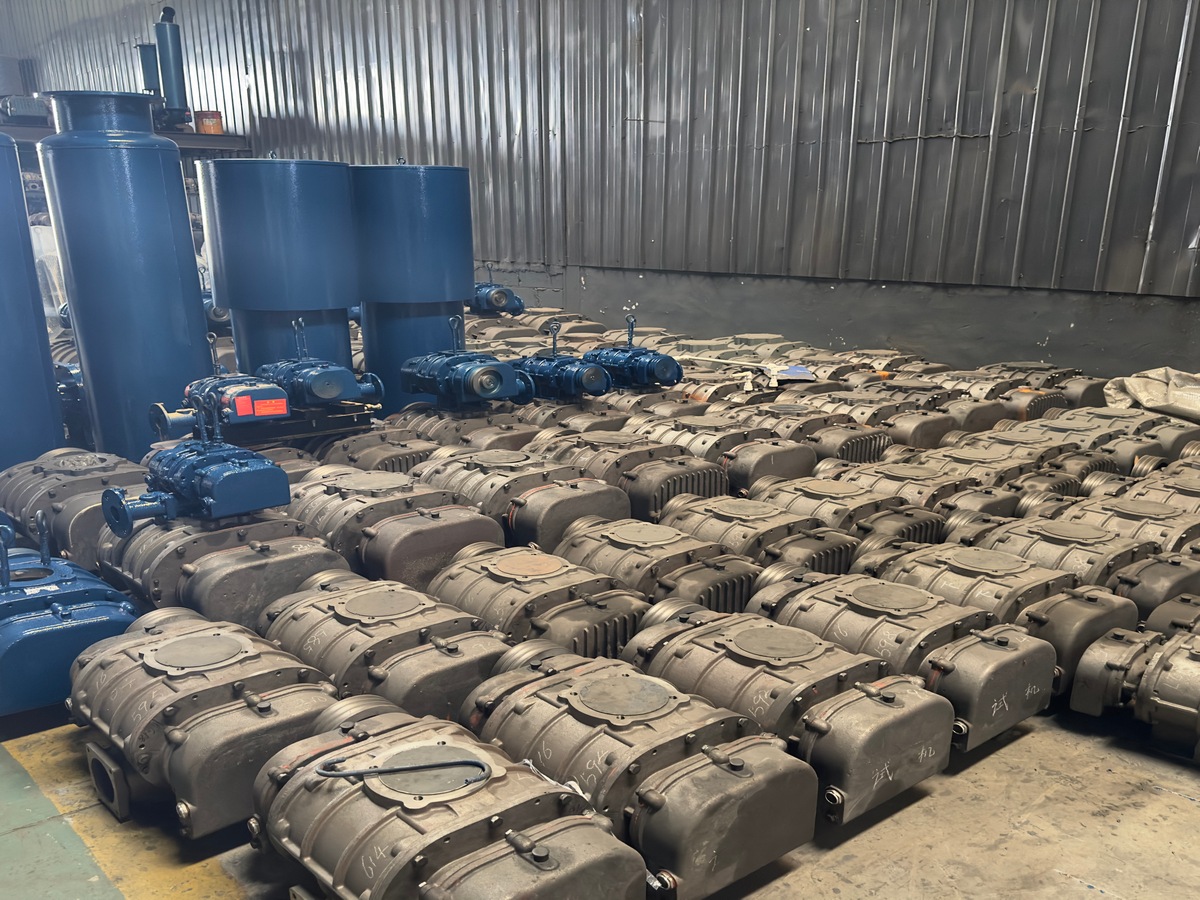
Company News
Analysis of the advantages and disadvantages of rotary Roots fan

2024-09-14 16:08:36
Analysis of the advantages and disadvantages of rotary Roots fan, rotary Roots fan and other fans of comparative research

1. Introduction
As a key industrial fan, rotary Roots fan plays an important role in various applications. The purpose of this paper is to discuss in depth the advantages and disadvantages of rotary Roots fans and to compare them with other common fans in order to comprehensively assess their applicability and advantages and disadvantages in different engineering and industrial processes.
2. Principle of operation of rotary Roots fans
Rotary Roots fans transport and compress air inside two rotating impellers that engage with each other. This mechanism not only produces a constant flow and pressure, but also effectively reduces vibration and noise, making it suitable for industrial environments with high air quality requirements.
3. Advantage analysis
Rotary Roots fans offer significant advantages over traditional centrifugal and screw fans in a number of ways. One is the high efficiency capability, which provides a steady flow of air at low pressures; the other is the high operational stability, which is ideal for industrial applications with long running times; and the third is the relatively low maintenance costs due to its simple construction and durable components.
4. Shortcomings analysis
However, rotary Roots fans also have some shortcomings. For example, they consume a high amount of electrical energy for startup and may suffer from reduced energy efficiency during high load operation. In addition, due to the limitations of its structure and manufacturing process, some special industrial environments may require a higher specification design, increasing the initial investment cost.
5. Comparison with centrifugal fans
A comparative analysis of rotary Roots fans and centrifugal fans reveals significant differences in their application scenarios and performance. Centrifugal fans are suitable for applications requiring high pressure and flow output, but may not be as superior in terms of noise and air quality control as Roots fans.
6. Comparison with screw fans
In contrast, screw fans typically offer higher pressure ratios and energy efficiency and are widely used especially in small and medium-sized air-conditioning systems. However, Roots fans are more prominent in terms of operational stability and resistance to contamination, and are suitable for specific industrial applications where high air cleanliness is required.
7. Conclusion and Outlook
In summary, rotary Roots fan, as a kind of key equipment widely used in industrial applications, has obvious characteristics and advantages and disadvantages compared with other fans. In the future, with the advancement of technology and changing application requirements, the requirements for fan performance and energy efficiency will be more stringent, and the rotary Roots fan is expected to further enhance its application value in the industrial field through technological innovation and structural optimization.
Through the analysis of this paper, the reader can have a deeper understanding of the rotary Roots fan working principle, advantages and disadvantages and its comparative advantages with other fans, for engineering and equipment selection to provide a theoretical basis and practical guidance.
Henan Jiye Chang Industry Co.Ltd,


 2024-09-14 16:08:36
2024-09-14 16:08:36